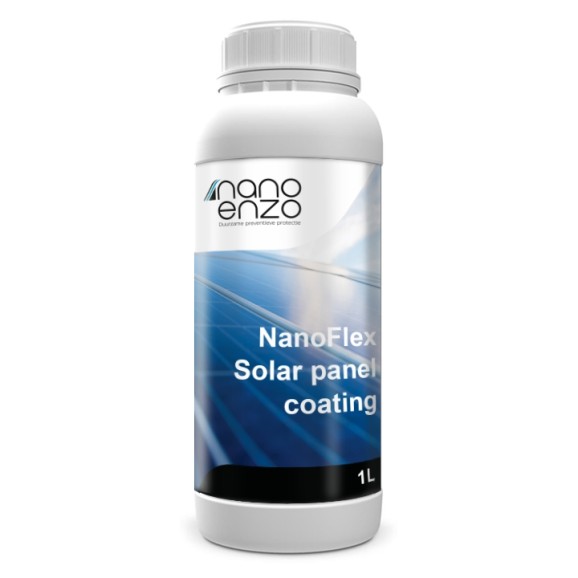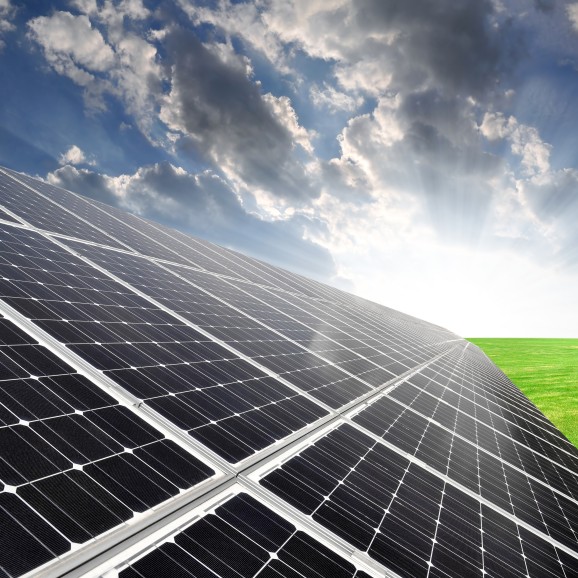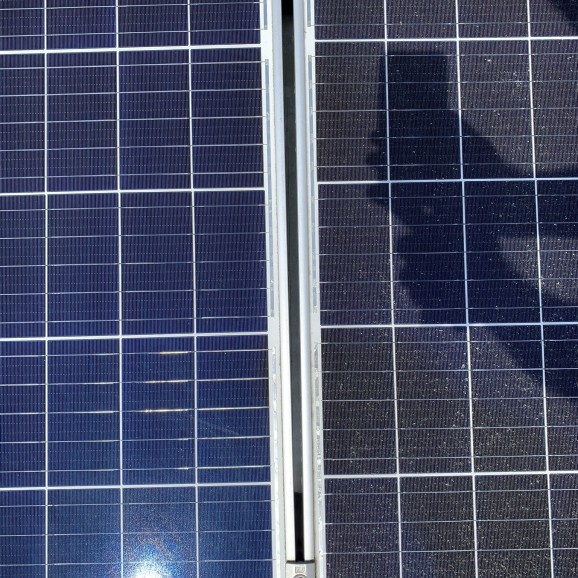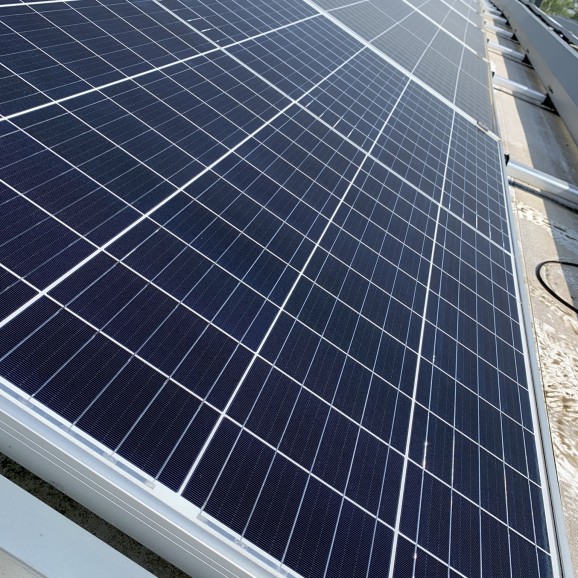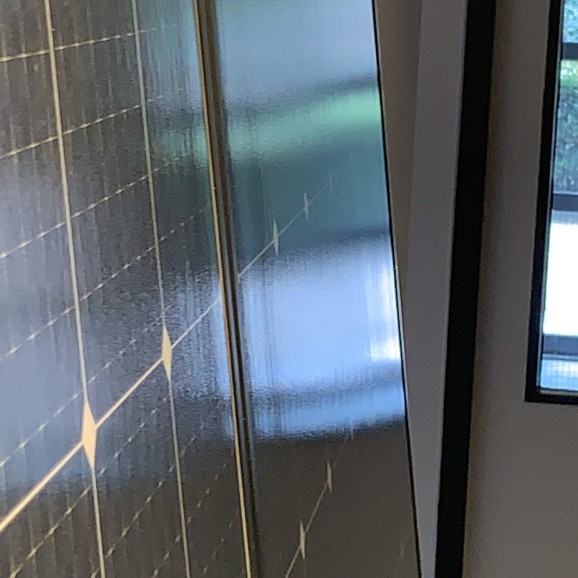You currently do not have any products in your cart.
-
Sustainability & Environment
-
Environmental Innovation
-
Premium Quality – Made in Europe
-
Ultimate Protection & Care
-
Efficiency & Cost Savings
Nano EcoLine
Solar Panel Coating - 1 liter
Product number: NCN.C./1L
Nano EcoLine Solar Panel
Experience maximum solar performance with minimal effort. Nano EcoLine features advanced nano-coating technology that repels dirt, dust, and residue, keeping your panels cleaner for longer. This invisible, durable layer boosts efficiency by up to 18% and offers long-lasting protection for up to 3 years. Perfect for anyone seeking reliable, low-maintenance solar energy with consistently high output.
90,75
excl. vat
In stock

